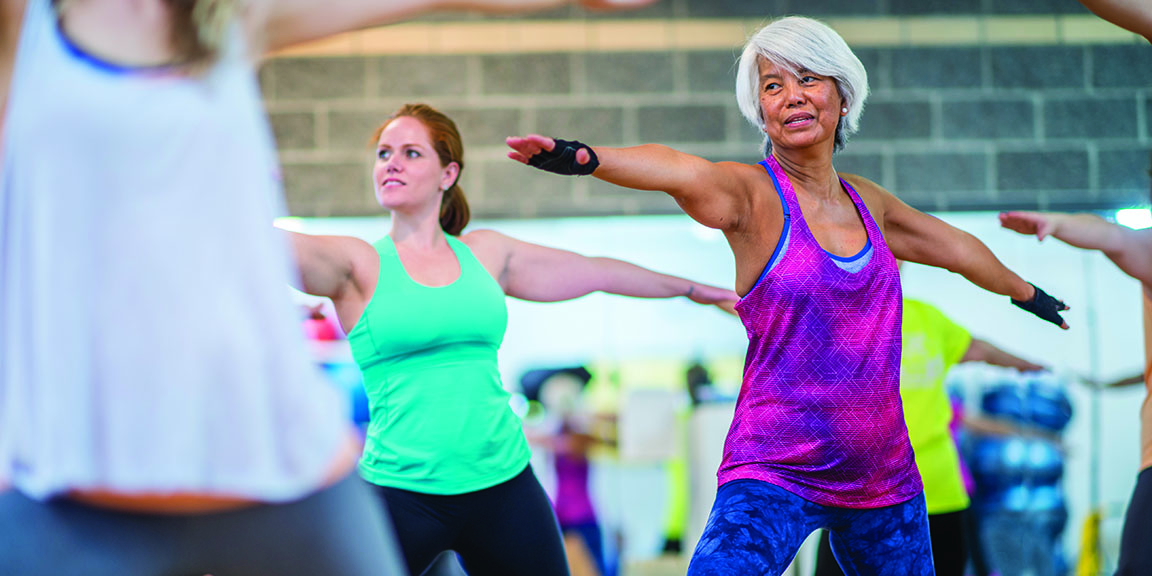Intensive yoga can have signficant mental and physical benefits for RA patients, a new study shows
Sitting in the “lotus position” or crouching into ‘child’s pose” could help patients with rheumatoid arthritis ease the physical and mental distress of the condition.
A study published in Restorative Neurology and Neuroscience has found intensive yoga to be an effective adjunct therapy for arthritis when practised alongside taking medication.
Yoga was found to reduce cellular damage such as inflammation, cellular health, and aging, the research found.
It could also reduce depression in arthritic patients by promoting neuroplasticity through exercise, lead researcher Dr Rima Dada (PhD) said. “Our results provide evidence that yoga positively modifies the pathobiology of autoimmunity at cellular and molecular levels by targeting mind-body communications,” Dr Dada said.
The study examined 72 people with rheumatoid arthritis. All of the patients continued to take disease-modifying antirheumatic drugs (DMARDs), as prescribed by their doctor.
Half of the group also undertook yoga for 120-minute sessions, five times a week, for eight weeks.
The researchers compared differences in disease activity and severity of depression experienced across the two groups.
Blood samples were collected to measure changes in systemic biomarkers of the condition.
The group doing yoga had a significant decline in biomarkers of systemic inflammation, such as ESR, compared with the non-yoga group.
The patients also used the health assessment questionnaire disability index to rank how difficult they found everyday taks.
“The yoga group were more compliant and were able to perform daily chores without much difficulty,” the authors said.
The severity of depression was assessed using the Beck Depression Inventory II scale every two weeks.
“The yoga group experienced a statistically significant step-wise decline in depression symptoms over the period of eight weeks,” the authors said.
Further studies need to be done with a group doing other forms of physical exercise, to rule out the anti-inflammatory changes of yoga alone.
Arthritis Australia, the peak consumer body for arthritis supports the usefulness of exercise in helping to manage rheumatoid arthritis.
In its strategy document, A Time to Move: RA, exercise therapy is explained as being “effective in addressing the adverse effect of rheumatoid arthritis on muscle strength, endurance, and aerobic capacity”.
It also helps to lower the risk of cardiovascular disease, which is elevated in people with the condition. According to the document, exercise does not appear to exacerbate symptoms and strengthening and aerobic activities, such as tai chi and yoga, may be of benefit.
Arthritis Australia has recently received a $1 million government grant to provide structured exercise programs for older Australians with arthritis.
“The program will help to remove the fear factor that holds many older people back from being more physically active and allow them to experience the benefits that being more active can make to their overall health and wellbeing,” Arthritis Australia CEO Andrew Mills said.


